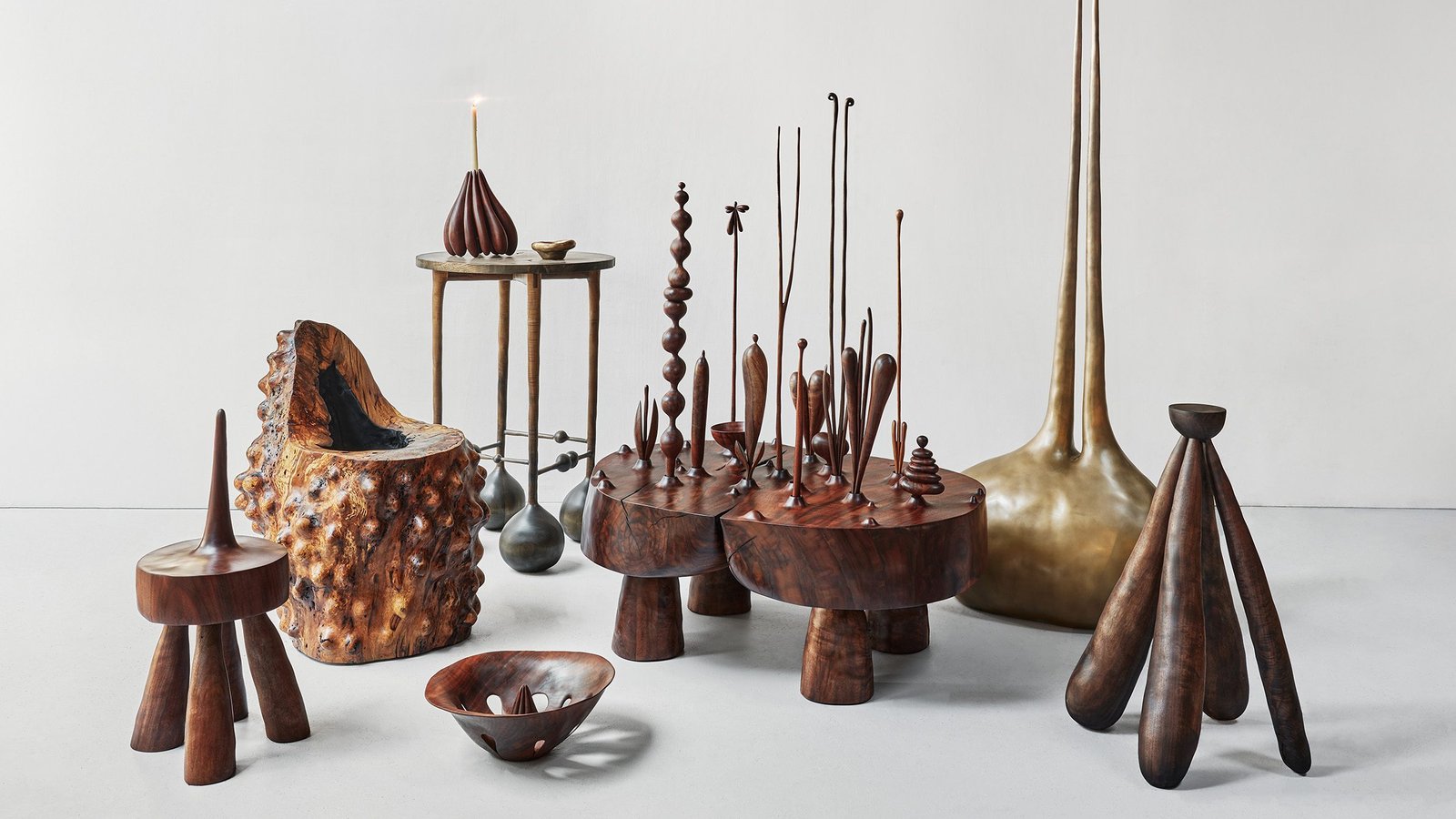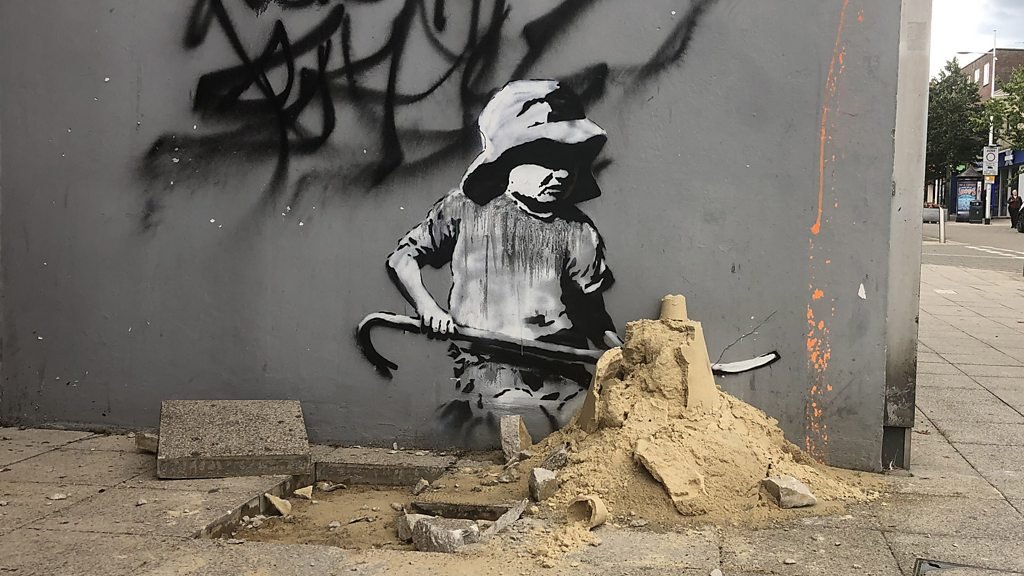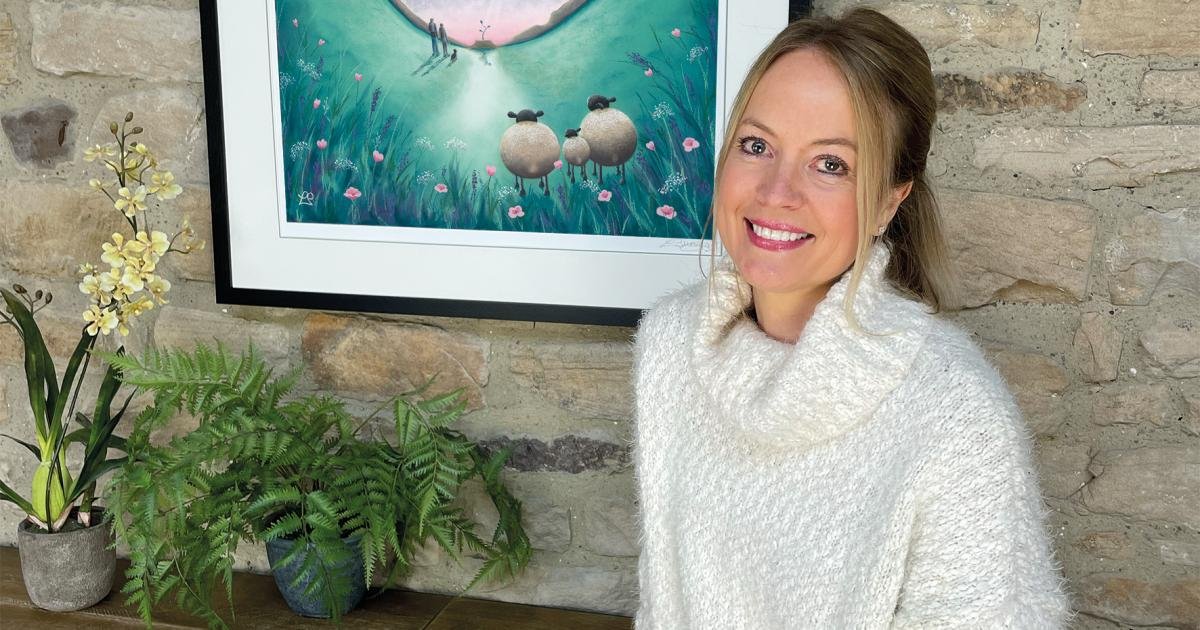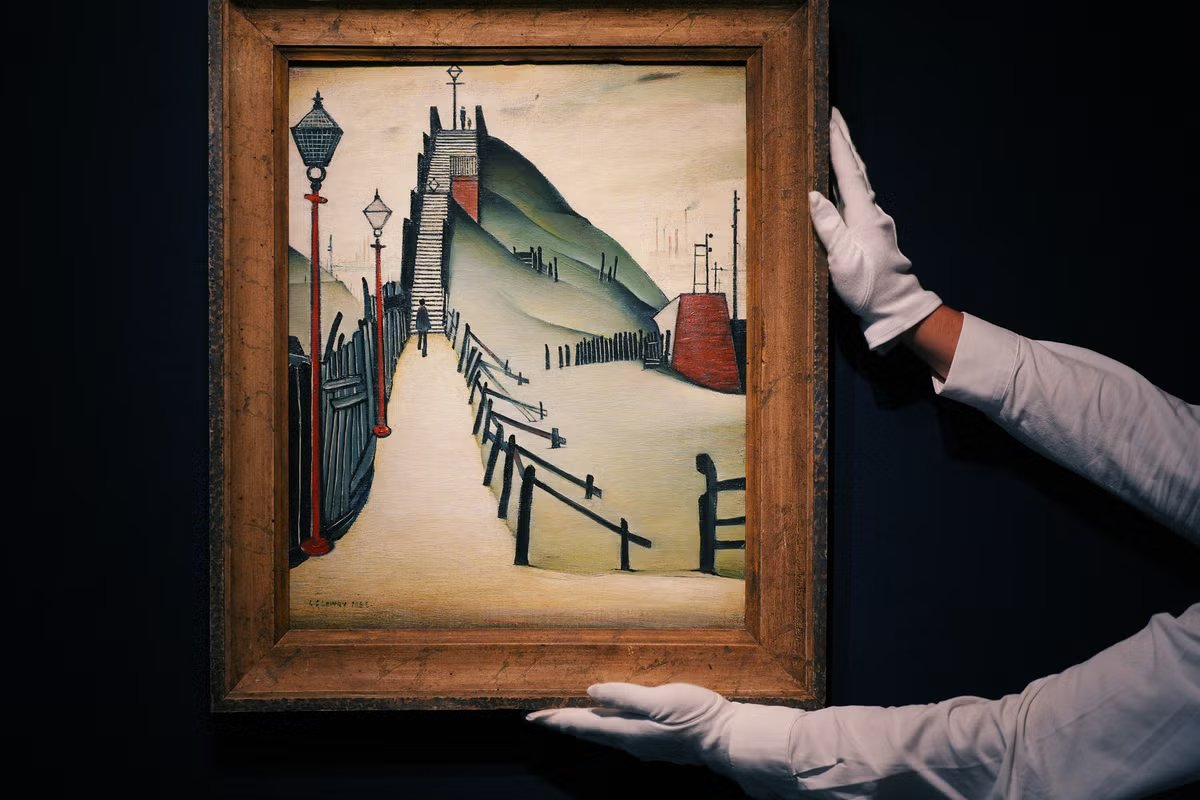An “unreal burger” made of cultivated meat and lab-grown milk, and the return of extinct species like mammoths are some of the depictions in speculative artworks created by students and a Bristol-based artist for a new project.
Rosa ter Kuile (RTiiiKA), engineering biology PhD students from the University of Oxford and the University of Bristol and sixth-form students from Bristol Cathedral Choir School used games and creative prompts across workshops to reimagine the “futures of engineering”.
“From the workshop materials, I created eight ‘materials from the future’ that were exhibited at the FUTURES Festival to spark dialogue between researchers, young people, and the public about the societal choices and ethical questions shaping our future with engineering biology,” RTiiiKA said, describing the project on her website.
Independent journalism
is needed now More than ever
Keep our city’s journalism independent. Become a supporter member today.

With engineered living materials possibly replacing traditional bricks by 2057 to boost sustainability, this speculative artwork predicts that it might create “widespread unemployment” among humans working in constructions
Other depictions in the speculative art pieces include a Bristol protest in 2057 to “bring back bricks”, the possibility of growing our own home the way we grow plants by 2100 and engineered upgrades to red blood cells that help boost recovery, speed and endurance.
Each of the eight artworks created reimagined different walks of life, with some adding a “silly” spin on currently popular brands like Ikea, L’Oréal Paris, Tesco and Burger King. A particularly playful reimagination is the artwork depicting a poster for a lost pet ‘mini mammoth’ named Sniffy.
But RRI and public engagement co-lead at the University of Bristol, Vivienne Kuh, clarified that all of these artworks are speculative and not foolproof predictions.
Speaking to Bristol24/7, Kuh said: “So there are researchers that are working on bringing back the mammoth and there are some really interesting ethical and philosophical questions about the idea of bringing back a mammoth, but nobody is saying that maybe mammoth pets are going to exist.
“It was kind of a playful idea to kind of help people have conversations about the futures that we want to have with engineering biology.”
The engineering biology programme runs as a collaborative study between the University of Oxford and the University of Bristol, with students spending their time between both cities.
Explaining the programme and what the PhD study hopes to achieve, centres for doctoral training manager Joanna Wakeling said: “Engineering biology tries to understand how we can use sort of engineering methodologies and techniques, and stuff in biological sciences.
“There are already lots of programmes across the UK that do very similar things. It’s just kind of bringing together chemistry, biology, engineering, AI, kind of all in one mix.”
All photos: Giulia Spadafora
Read next:







